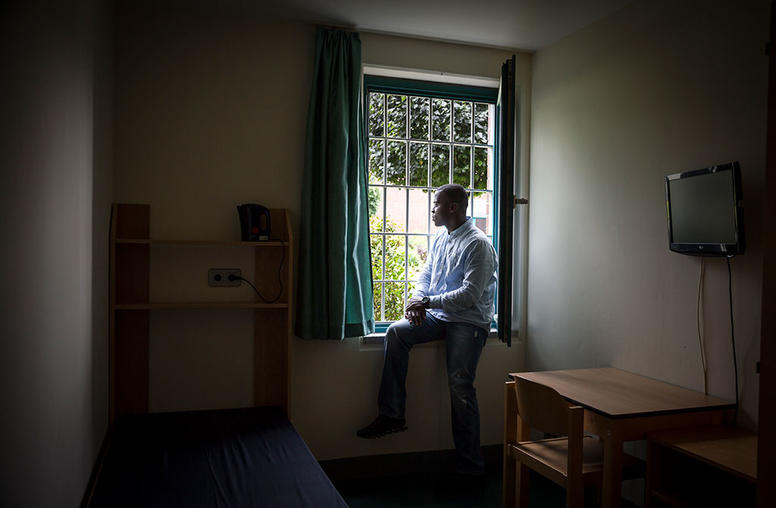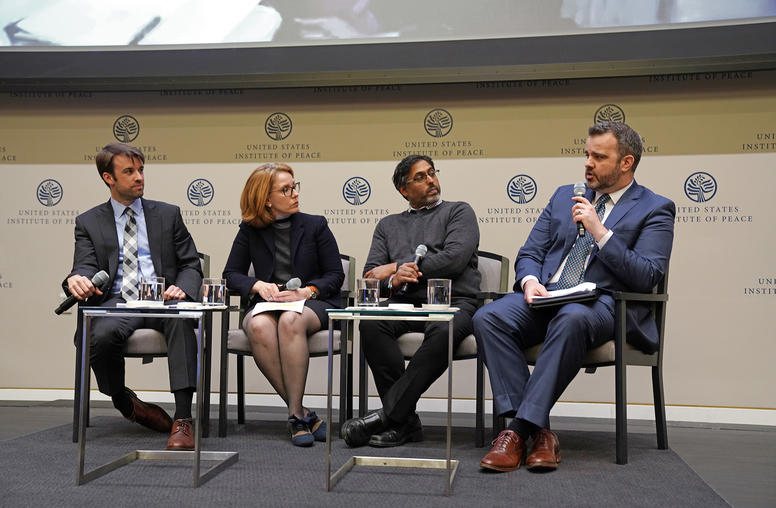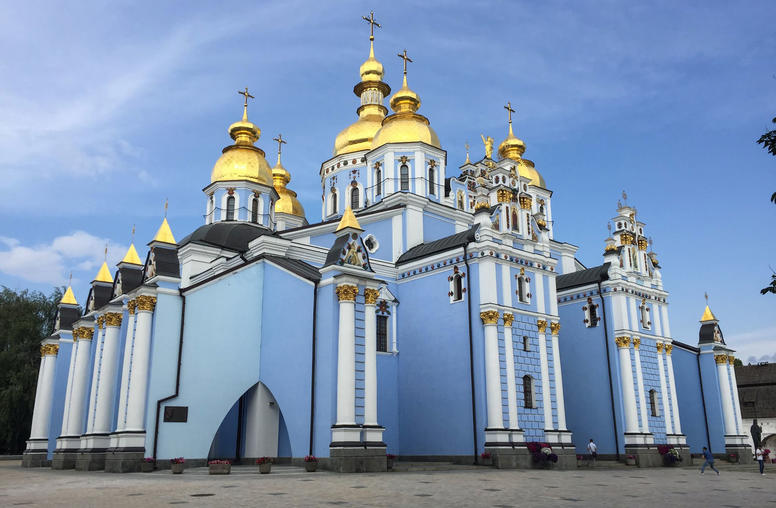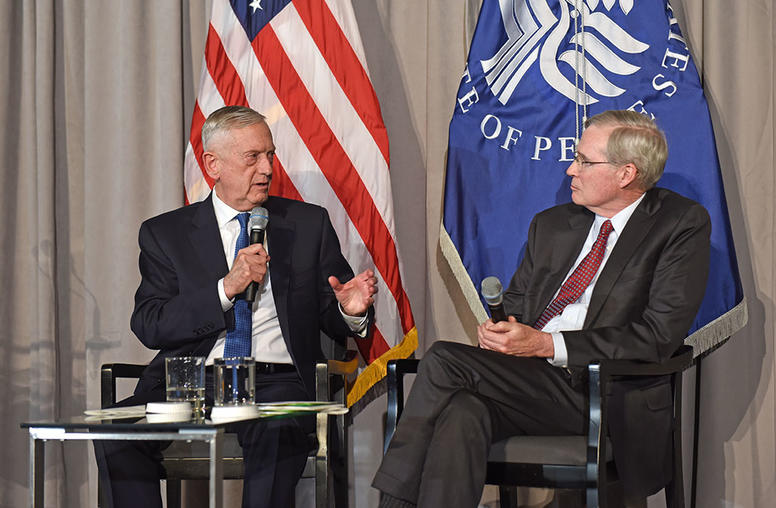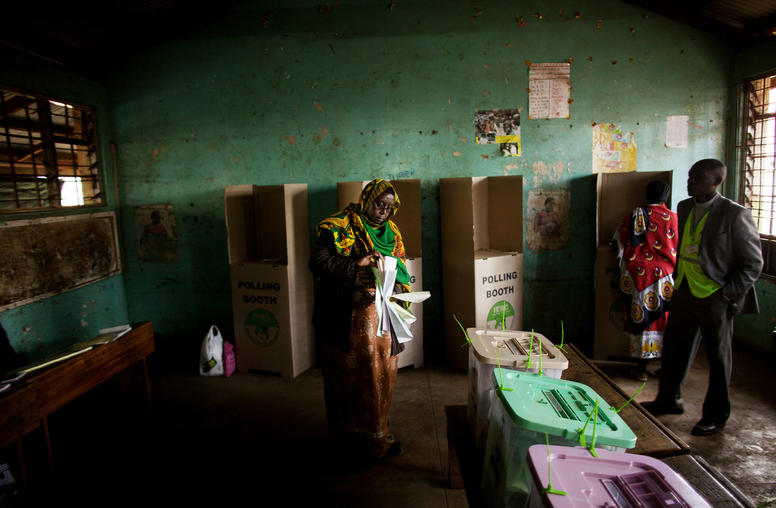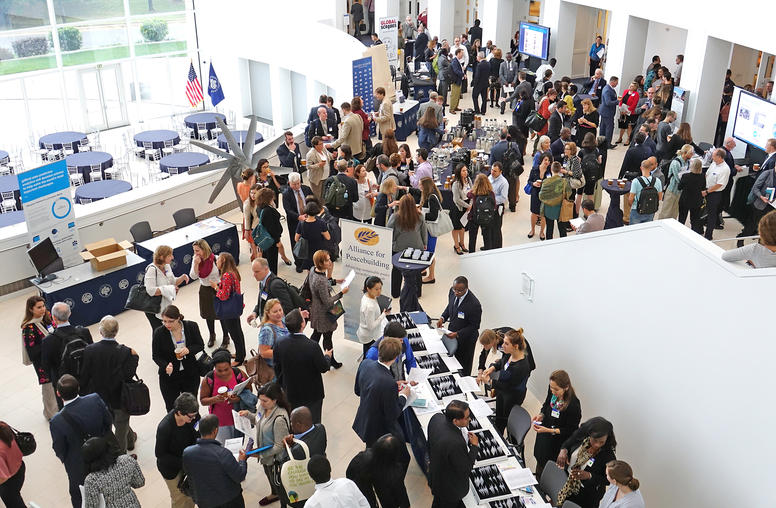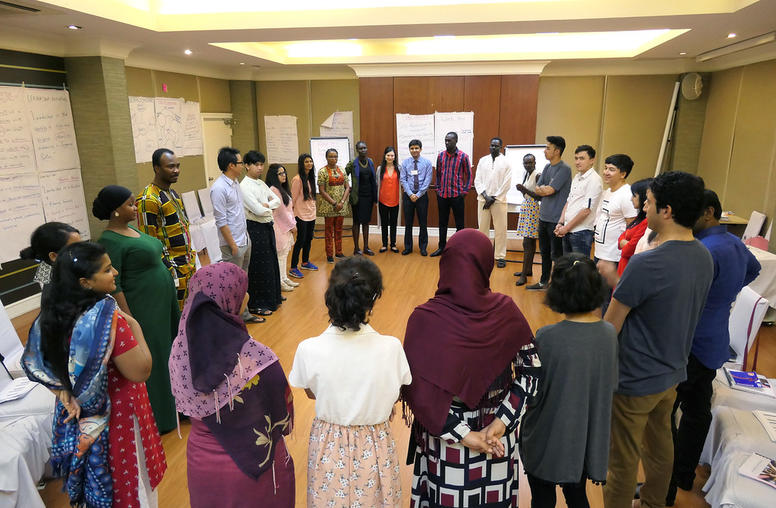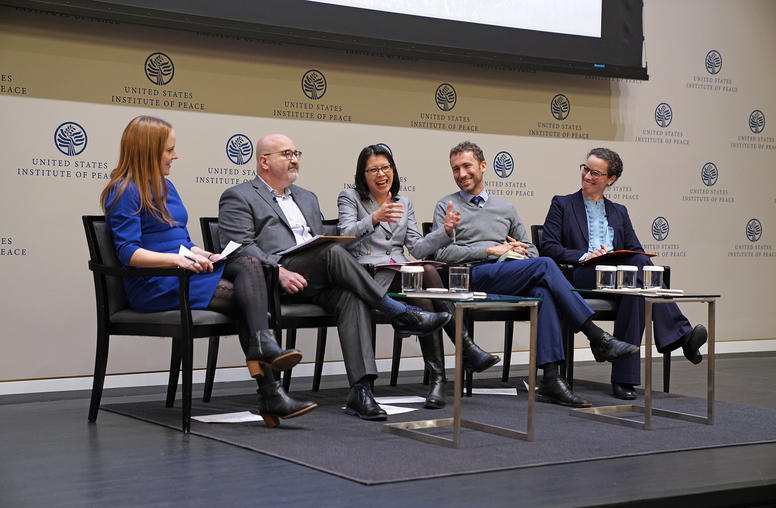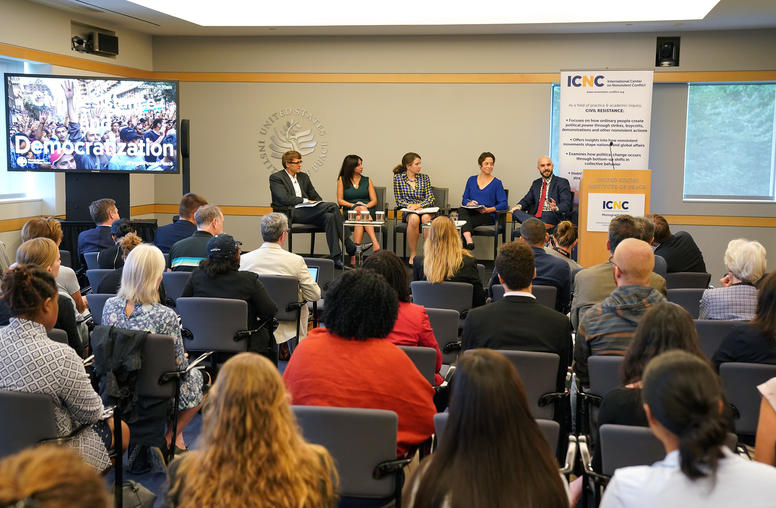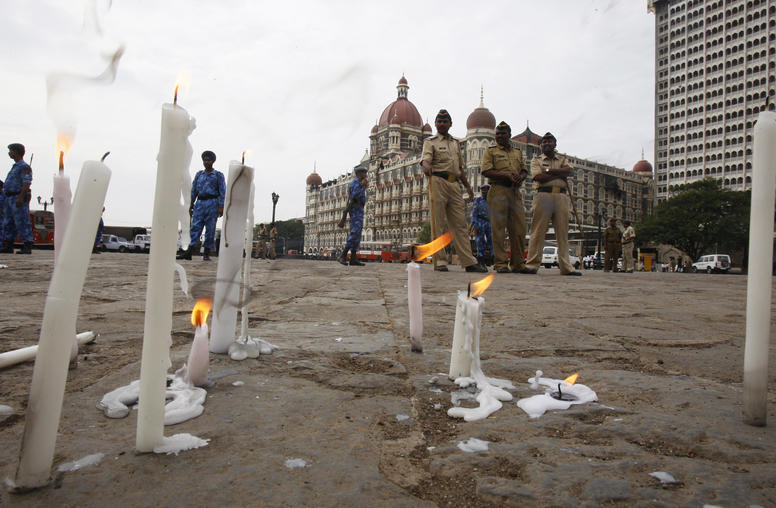
India and Pakistan 10 Years After the Mumbai Attacks
In November 2008, operatives from the Lashkar-e-Taiba carried out 12 coordinated terrorist attacks across Mumbai, killing 164 and wounding over 300. The days following the attacks saw tensions rise between India and Pakistan. War clouds hovered over South Asia for weeks before the crisis abated, in part due to U.S. mediation.
